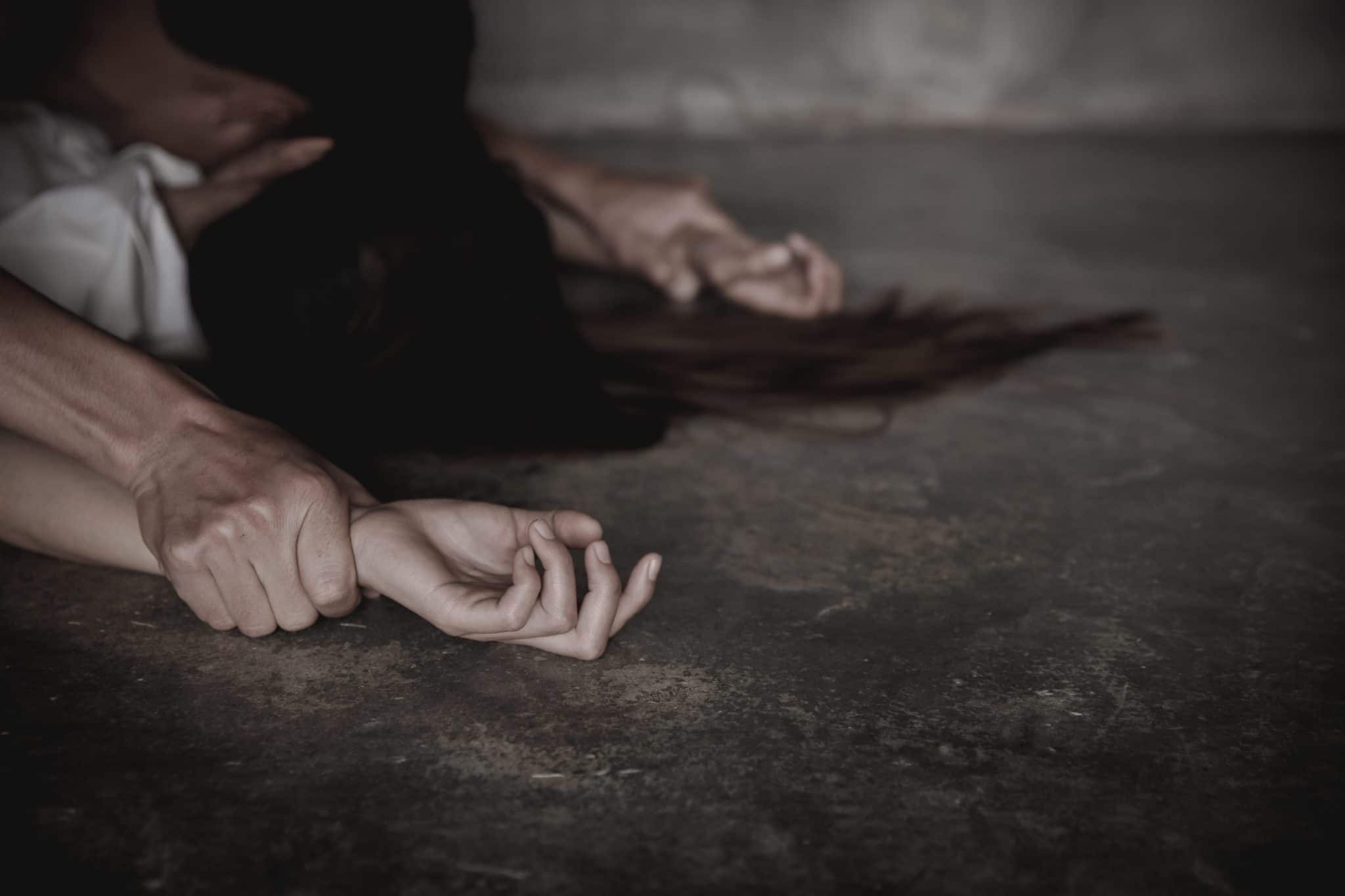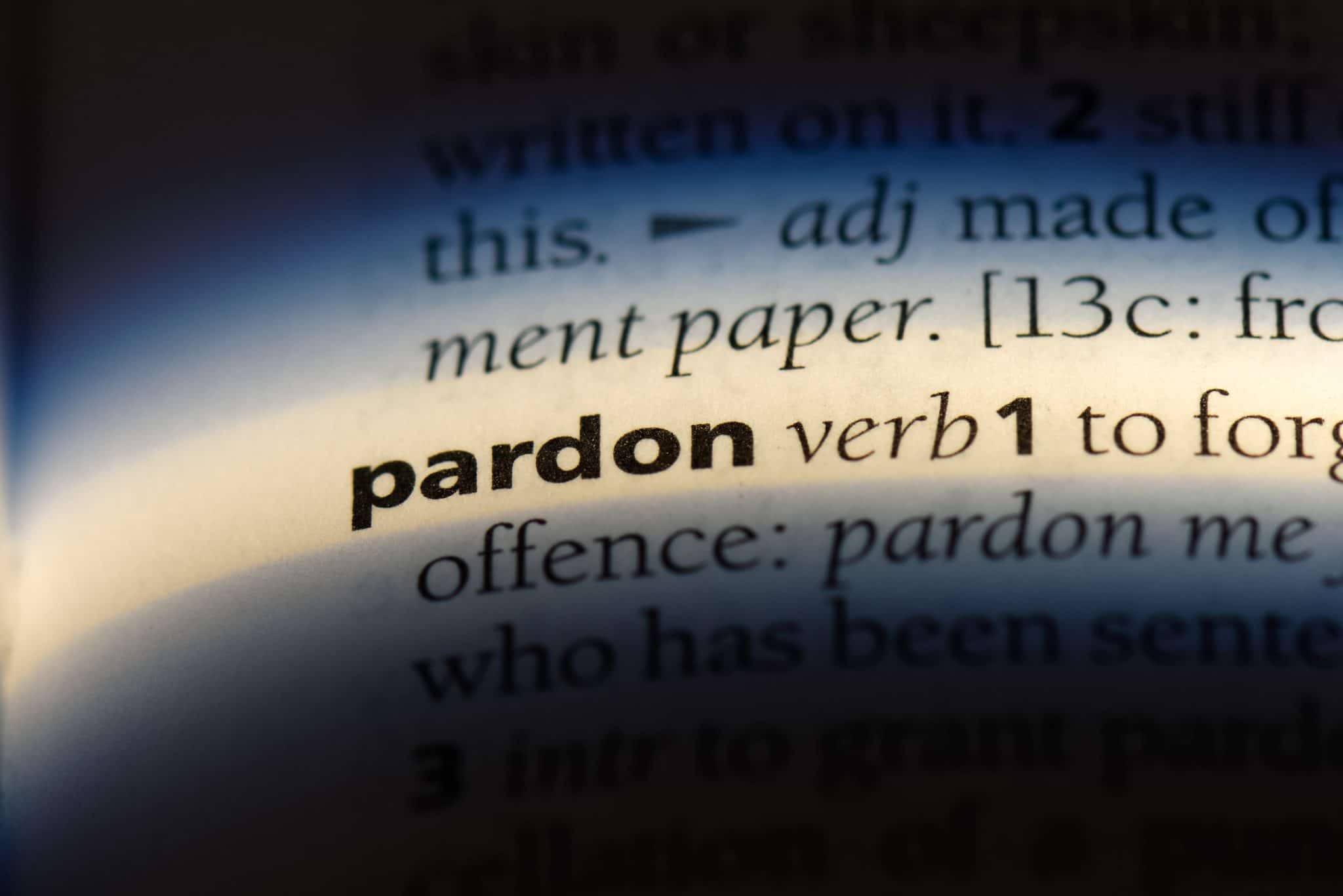For those who have been convicted of crimes, there’s always the possibility to find relief by petitioning the Minnesota Pardon Board for a pardon. Doing so requires you to apply for a pardon. There are eligibility requirements that must be met in order to have hope that you’ll receive one.
Many people wonder if serious offenses, such as sex crimes, can be pardoned in Minnesota.
The truth is that, while any crime can technically be pardoned in the state, the Pardon Board generally is hesitant to pardon some, including sex crimes.
Still, if you’ve been convicted of a crime and are looking to have a pardon issued, including for sex crimes, then it’s important to understand the process. Here’s what you need to know about seeking a pardon in Minnesota.
What Are Considered Sex Crimes in Minnesota?
In Minnesota, sex crimes fall under the blanket of criminal sexual conduct crimes. Criminal sexual conduct gets charged in varying degrees depending on several factors, including if there was penetration involved, the age of the victim, if force was used, or if consent was given.
What Is a Pardon?
After you have completed your sentence for a crime and waited the right amount of time, then you can petition the Minnesota Pardon Board for a pardon. If you receive a pardon, it means that the state of Minnesota sets your conviction aside. You do not have to report it.
Pardons restore rights that may have been taken away from someone once they were convicted, such as the right to own firearms.
Who Grants a Pardon?
The Minnesota Board of Pardons grants pardons. It is a board that consists of the governor, the attorney general, and the Chief Justice of the Minnesota Supreme Court. It has the power to not only grant pardons but also commutations and reprieves to those who have been convicted of any offense.
What Makes Someone Eligible For a Pardon?
The eligibility requirements in Minnesota for a pardon aren’t complicated, as there are only two basic requirements. The first is that they must have served the full sentence they were ordered to serve and have been discharged by the court. The second is that they must have waited the requisite amount of time before applying for a pardon, which is usually five years.
If someone was convicted of a crime that is considered a crime of violence, they must wait 10 years after completing their sentence to apply for a pardon. They cannot be convicted of any other crimes in that time, either.
Application
If the eligibility requirements are met, then an application for a pardon must be submitted to the Board of Pardons. If the application is accepted, the applicant attends a public meeting.
These public meetings are held only two times per year, usually in the spring and fall. During this meeting, the board hears the arguments from the applicants for the pardon but also can hear from law enforcement or victims regarding the request.
If the board decides you will be granted a pardon, that occurs after the meeting. Once granted, it will nullify or set aside the conviction. This means you no longer have to disclose it as a part of your criminal history, except when in court or as a part of a licensing process for a peace officer.
About the Author:
Christopher Keyser is an AV-Preeminent rated criminal and DWI defense attorney based in Minneapolis who is known for fighting aggressively for his clients and utilizing innovative tactics to get the most positive results. He has been featured in numerous media outlets due to the breadth and depth of his knowledge and named a Certified Specialist in Criminal Law by the Minnesota Bar Association. Mr. Keyser is Lead Counsel rated, and he has received recognition for his criminal law work from Avvo, Expertise, Super Lawyers, The National Trial Lawyers, and more.







